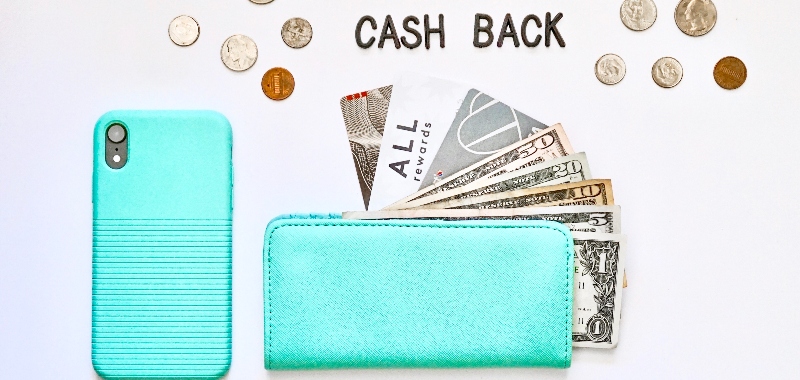
The future of loot boxes
What are loot boxes? Last Friday, July 1st, the Government approved the Draft Bill that aims to regulate the loot boxes. The legal text highlights the relationship between gambling and loot boxes and defines them as “Random Reward Mechanisms” or MARs (by its acronym in Spanish). This legal initiative seems to stem from the Norwegian Consumer Council’s report, entitled “INSERT COIN: How the gaming industry exploits consumers using loot boxes”, as a result of which 20 consumer organisations from 18 countries decided to promote different initiatives against loot boxes.
Loot boxes are a paid version of the old, randomised equipment distribution systems. By paying a series of defined amounts based on the loot box, the loot box offers rewards to players. The problem is that it is impossible to know what the reward is until the box has been paid for and opened. In this way, a system of monetisation is achieved for a video game which, although by its very nature may be free, makes a profit through player purchases within the game itself. Thus, some of the most famous video games in which loot boxes have been introduced are “Call of Duty: Advanced Warfare” or “FIFA”, through the Ultimate Team system.
The “problematic” of loot boxes
The differentiating factor that has made loot boxes the Government’s objective and which, of course, has been channelled into the aforementioned legal initiative, has been their randomness and the lack of existing control over them, leading some countries to equate these loot boxes with gambling.
The main problem that different governments around the world are beginning to see is the addiction that loot boxes can generate. The randomness and the fact that, on occasions, they may be necessary to progress in video games, together with the fact that they are paid for with real money, adding that on many occasions it is minors, due to their proximity to video games, who exploit them, has set off alarm bells in various territories around the world.
The “Young People and Gambling 2019 Report” conducted by the UK Gambling Commission reported that “52% of young people say they have heard of in-game items, of which 44% say they have paid money to open loot boxes to get other in-game items they were playing, and 6% say they have gambled with in-game items, either with friends or through unlicensed third-party sites (so-called “skins” gambling)”.
Different reports from the Universities of Cordoba, Plymouth and Wolverhampton also agree on the addiction generated by loot boxes, and this is precisely what the government wants to prevent with the new regulation.
Thus, the problem detected has to do with gambling addiction, which can particularly affect minors, and the different governments are already considering measures to tackle it, and the government, in the draft bill, indicates that loot boxes can lead to “thoughtless, compulsive and, ultimately, pathological consumption behaviour (…)”.
Spain, the first country to regulate loot boxes
On 1 June 2002, during the Seminar “Loot Boxes: new challenges for the video game industry”, the Minister of Consumer Affairs, Alberto Garzón, announced that Spain will be the first country in Europe to develop specific legislation regulating loot boxes. The Minister referred to them, in terms of the new legislation being developed, as “devices that have an economic value in a real or fictitious market and whose random prize can be resold or exchanged, including the famous NFTs or cryptocurrencies”. The new regulation will aim to ensure greater protection for consumers and users of video games and, in particular, for the most vulnerable.
The National Plan on Drugs concluded that “3 out of 10 students spent money in 2021 on video games to improve their position, character, accessories, image…”, with the most affected being predominantly young boys, with teenagers being those most at risk of suffering problems related to these consumptions.
What will be the future of loot boxes?
At the Seminar announcing the development of the new regulation, the Government hinted at some clues about the impact of loot boxes and how they will be regulated in the final text. Based on what was discussed at the Seminar, it seems that the government intends to make loot boxes legally similar to gambling.
The video game sector, led by AEVI, has rejected the assimilation of loot boxes to gambling, and considers that their regulation as such could cause enormous damage both to the sector and to the European Single Market, arguing that there should not be a disconnection between loot boxes and video games, as the former are an inherent part of the latter.
The new law will prohibit minors from accessing loot boxes, and self-exclusion systems will be added whereby users will be able to limit spending by default.
Interestingly, the new regulation will also include NFTs and cryptocurrencies, and of course we will have to see how loot boxes are finally regulated in relation to the other elements, as well as the reaction or participation of the video game sector in this legislative process.

Letslaw es una firma de abogados internacionales especializada en el derecho de los negocios.







